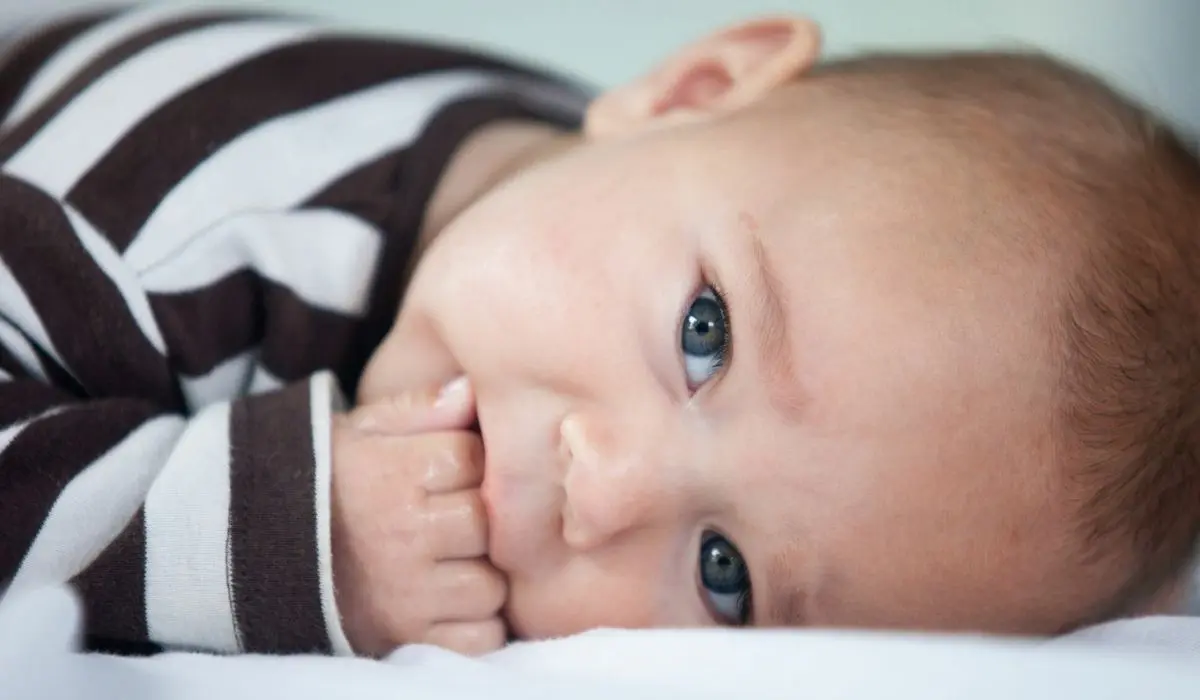Chubby cheeks and drool streaks, the parent’s badge of joy. In the beautiful world of parenting, the adorable baby smiles come hand in hand with a little bit of drooling. Although drooling is a part of a child’s normal development, sometimes excessive drooling can be a matter of concern.
This article explains home remedies to control excessive drooling in babies. Thankfully, there are several ways to do so and here’s a closer look at that.
But before that, let’s look closely at ‘What is Drooling’?
Drooling is a normal, common, and unintentional saliva flow from the mouth. It is common in kids and adults with varying causes and frequency. Drooling is typically noticeable in babies around 2 to 3 months as their salivary glands become actively functional. Drooling for a few months or even a year is normal, but once it becomes excessive, it is natural for parents to develop a concern.
Why Do Babies Drool?
Some of the common reasons why babies drool include:
- Teething
- As a part of the natural development process
- As a part of neurological development
- As a response to sensory input
- Due to mouthing objects
- Due to the stimulation of Salivary glands
- Due to respiratory infections
Thankfully, there are several home remedies to stop drooling in babies.
Home Remedies For Drooling In Babies
Here are some simple and effective home remedies that will allow you to control the excessive saliva flow:

👉 Use Teething Toys
Provide safe and age-appropriate teething toys for your baby to chew on. Chewing on toys can help to reduce excessive drooling and soothe discomfort.
👉 Gently Massage Baby’s Gums
Clean your finger and gently massage your baby’s gums. This will stimulate saliva flow to promote better control. Besides that, massaging will also alleviate teething discomfort.
👉 Do Cold Compress
Refrigerate a clean microfiber cloth and use it gently on your baby’s gums. This will reduce saliva production and provide relief from teething pain.
👉 Ensure Correct Positioning During Feeding:
As you feed, ensure the baby has a comfortable and supporting posture. Doing so will prevent milk from oozing out of the mouth, which otherwise can contribute to drooling. Hold the baby in a cradle position, cross-craddle position or sitting-up position when feeding with a bottle.
👉 Encourage Swallowing Reflexes
If your baby has started to drool more than usual, involve them in swallowing practices. Offer a small sipping cup to the baby, which may help encourage swallowing reflexes.
👉 Elevate During Sleep
Some babies drool more when they sleep, resulting in excessive saliva traveling all over their ears. In such a situation, elevate the head of your baby’s crib slightly to ensure saliva does not pool around the mouth or reach the ears.
Also Read:- How To Sleep With Lordosis? Comprehensive Guide And Exercises
When To Reach A Pediatrician?
It’s not uncommon for babies to drool, and excessive drooling isn’t always a reason to visit a Pediatrician. However, if a few other symptoms assist excessive drooling, you may need to consult a doctor. These symptoms include:
- Difficulty in swallowing.
- Baby’s lips turn blue or purple.
- A pronounced rise and fall in the baby’s chest while they are breathing.
- If the baby is making loud noises from mouth while breathing
- If drooling is resulting in is resulting in rash or irritation around the mouth, cheeks or chin.
- If the baby is drooling to the extent that it is soaking their clothes
- If baby seems irritable and fussy due to drooling
- If excessive drooling is interrupting your baby’s sleep.
- If the baby is experiencing teething discomfort
Read More:- How To Treat Hormonal Acne Without Birth Control? Causes And Treatment
Conclusion
In the journey of parenthood, worrying over every other thing is common. While drooling is a natural part of an infant’s life, excessive release of saliva can raise a concern. Drooling alone, even excessively, isn’t always a concern until it is associated with other symptoms. If your infant has been drooling more in the past few days, follow the abovementioned remedies. However, if drooling persists, you may consult a Pediatrician for expert guidance.